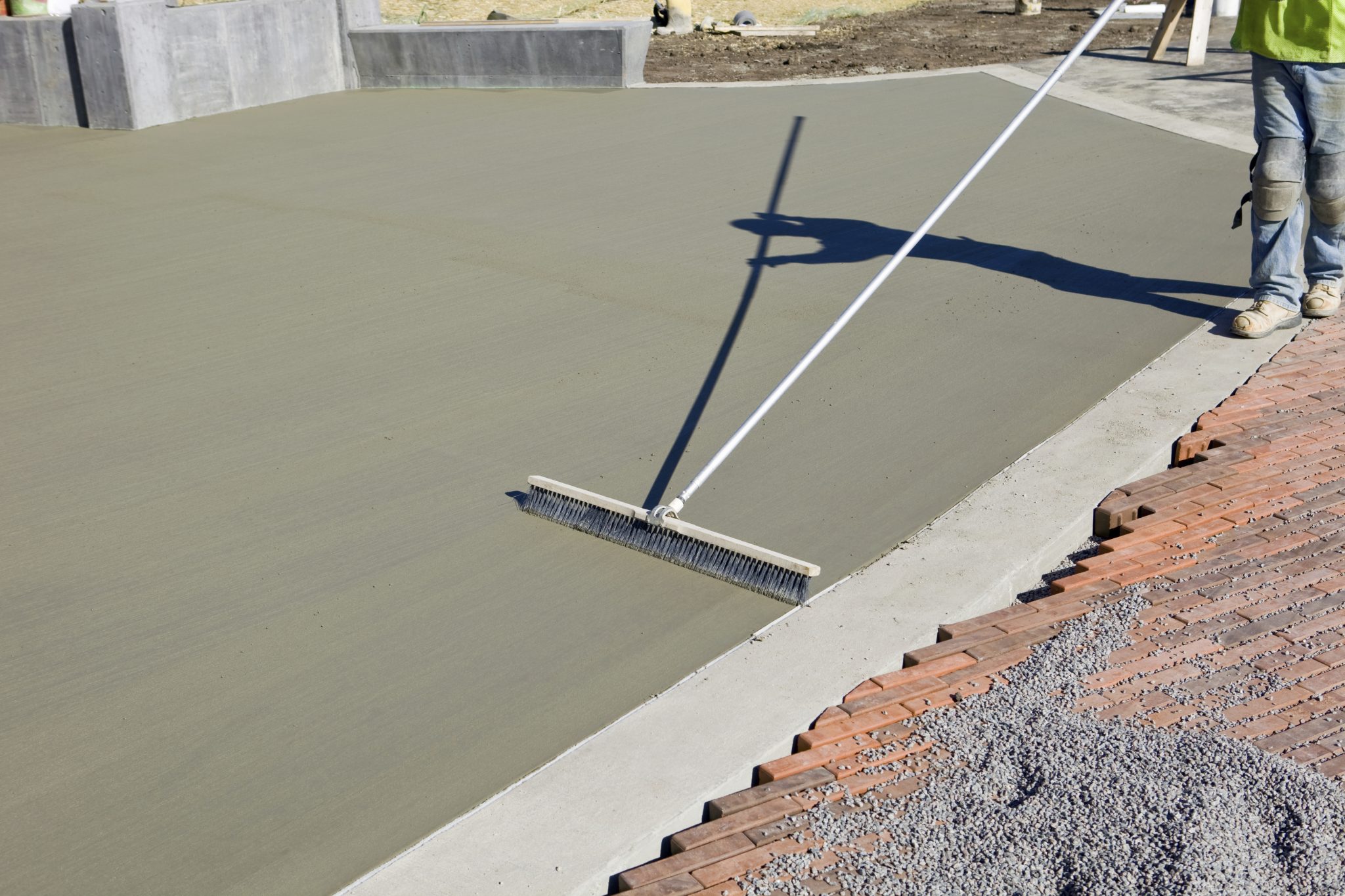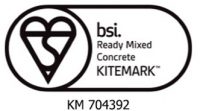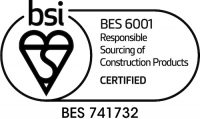With construction projects, timing is everything. You need to know when products are going to arrive, when permits have been granted and how long different building materials take to set.
Screed in particular can be a bit tricky. With there being so many different types, how are you supposed to know how long it will take to dry? Well, this month, the EasyMix team is here to help you with that: we’re going to be breaking down some of the most popular types of screed and how long they take to dry.
What is screed used for?
Essentially, screed can be understood as a levelling material. That is, we lay screed on top of a surface to create a smooth, even base on which flooring can be laid, or it can simply be used as a flooring in its own right. It’s important to know exactly how long screed will take to dry, as this impacts when the flooring can be laid, or when the surface can see traffic.

How long does screed take to dry?
Traditional screed
Used in a wide variety of different projects, traditional screed consists of a mixture of sand and cement at a ratio of 1 part cement to 3 to 5 parts sand. 1:4 is a fairly typical ratio.
Traditional screed has a typical setting time of 24-48 hours, and a typical drying time of around 1mm per day.
Fast-drying screed
As you can imagine, fast-drying screed has been specifically engineered to offer quick setting and drying times – perfect for those projects where the floor needs to be trafficked or overlaid quickly.
The typical setting time for fast-drying screed is 1-2 hours, while the typical drying time is around 10-15mm per day. As you can see, this is much faster than traditional screed.
Flowing screed
Flowing screed, also known as liquid screed, tends to contain fewer and finer aggregates than traditional screed, making for a more workable mix and a smoother finish. Liquid screed is often used for internal jobs and is excellent for underfloor heating.
Flowing screeds have a typical setting time of 6-48 hours and a typical drying time of around 1mm per day.
Granolithic screed
Granolithic screed tends to be very durable and hardwearing, as it features much harder aggregates than those used in, say, liquid screed. This makes granolithic screed a good choice for projects where the surface will see heavy traffic or footfall, such as industrial flooring applications.
Granolithic screed has a typical setting time of around 12-28 hours and a typical drying time of around 2mm per day.
Want to learn more about screed for your next project? As specialist screed suppliers operating throughout London and the surrounding areas, the EasyMix team are on hand to offer you expert help and talk you through the process, ensuring you get the best results for your project. Simply get in touch to discuss your project and get a quote for your floor screed.



